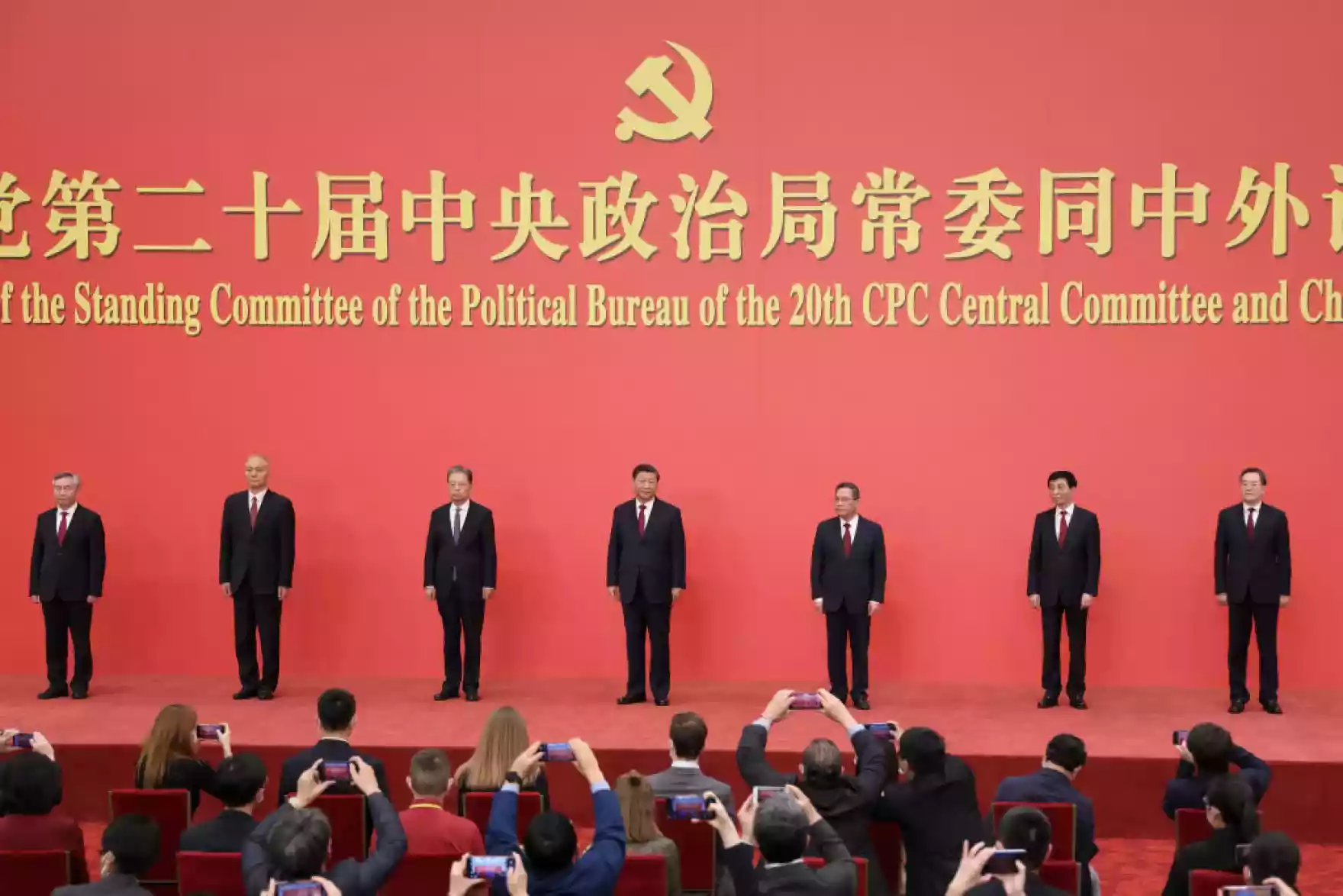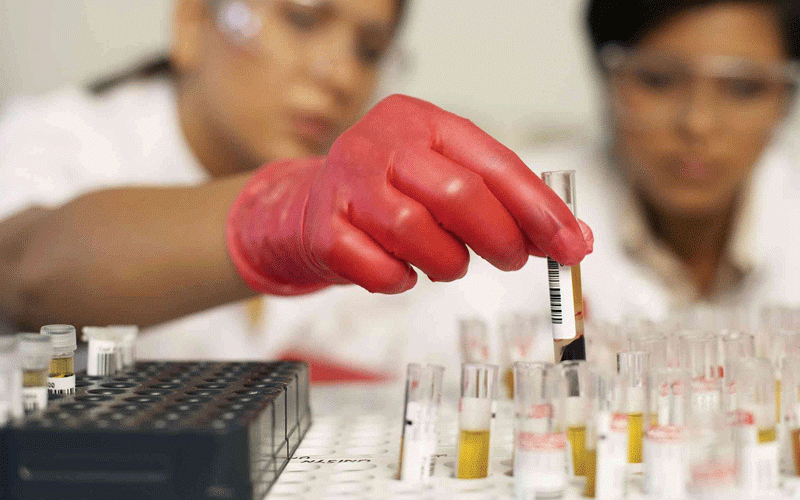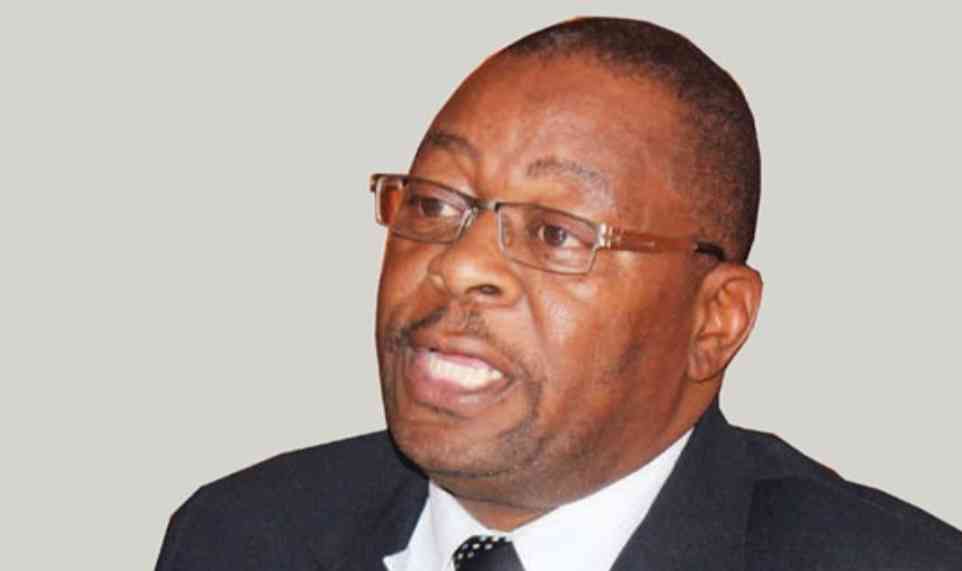
International academic research organisation, ResearchGate has recognized the work of former Health and Child Care Minister Dr Obadiah Moyo on kidney transplantation versus dialysis in Zimbabwe.
In Zimbabwe, the population of patients with chronic kidney disease is rising, putting a strain on the nation’s few dialysis treatment centres, whether Government or private.
Government covers the whole expense of dialysis in its facilities, increasing the financial burden.
Patients from both public and private dialysis units opting for kidney transplant are referred abroad at high foreign currency costs.
Moyo’s study focused on reviewing the economic advantage of kidney transplant in relation to renal dialysis as a means of establishing a kidney transplant programme in Zimbabwe.
Economic advantage studies for kidney transplants versus renal dialysis were obtained using various digital resources.
In studies where cost-effectiveness between a kidney transplant and dialysis was compared, it was shown that a kidney transplant is a cheaper solution with a higher quality of life compared to dialysis.
It was also shown in most of the studies that among the dialysis modalities, haemodialysis was more expensive than peritoneal dialysis.
- Kidney patients suffer in silence
- Former minister’s research on kidneys gets world acclaim
Keep Reading
In one of the studies, the cost values were US$37 395 for haemodialysis, US$27 007 for peritoneal dialysis, and US$11 426 for a kidney transplant.
The transplant had the best quality of life, while hemodialysis had the worst.
As far as cost-effectiveness and raising the health status, wellness level, good living, and survival, kidney transplantation is rated highly and a better modality than dialysis.
While examining the obstacles to the launch of a kidney transplant program in Zimbabwe, Moyo emphasised the necessity of the program. Due to factors like diabetes, hypertension, and population aging, the number of chronic kidney failure cases in Zimbabwe is increasing and currently stands at approximately 1 000 cases per million annually.
This results in a high requirement for dialysis therapy in public and commercial dialysis facilities across the nation.
In order to replace the only option of sending transplant patients abroad with their donor—typically a family member—the government has indicated political willingness to support the development of a living donor-related kidney transplant program.
But major investments will be required to set up the infrastructure of skills, testing, tissue typing and the like required before the actual transplants can be performed in Zimbabwe.
The cost-effective data of kidney transplant-related procedures has not been thoroughly studied in Zimbabwe.
A thorough analysis of all kidney transplant-related cost-utility analysis findings will assist the Government in identifying the most cost-effective approaches that have the most value for investment.
There will be need for personnel skills development and wages, consultations, medical and surgical costs, imaging, and diagnostic tests such as tissue typing, immunosuppressive, and essential medications.
The expenses of infrastructure building and restoration are equally significant.
In order to establish a kidney transplant program in Zimbabwe, Moyo’s study sought to ascertain the financial benefits of kidney transplantation over dialysis.
When chronic kidney disease cases reach end-stage renal failure and become symptomatic, they will require to be placed on dialysis.
There are two main kinds of treatment applied when kidney failure sets in. These are kidney transplantation and dialysis.
However, due to limited donations, dialysis becomes relevant for those patients who cannot get kidneys for transplant.
In contrast to the high risk of infection associated with the vascular and peritoneal access required for dialysis treatment, there is conclusive evidence that individuals who have received a kidney transplant have higher survival rates and are less likely to require hospitalisation due to a lower risk of infection.
The chances of kidney transplant recipients having many problems that are usually associated with dialysis are minimised. For instance, dialysis patients are confined to strict dietary control and fluid intake and have the inconvenience of attending remote dialysis centres. An effective kidney transplant might be a blessing of freedom from dialysis equipment and reliance upon everyone else.










